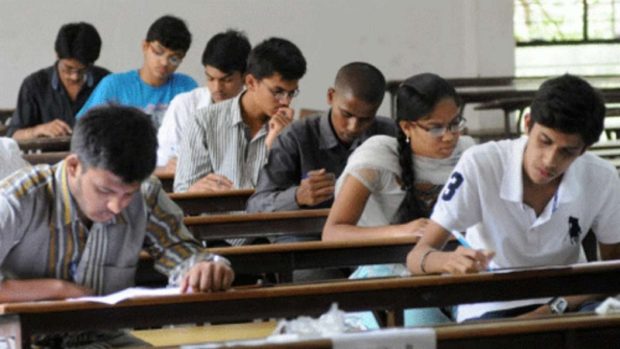
One education policy for all states not viable: Expert
PTI, Aug 16, 2020, 6:01 PM IST

Kolkata: Thrusting one education system on all students across states, irrespective of their socio-economic status, is not a viable idea, one of the panelists of a six-member committee, formed by the Bengal government to study and share views on the new education policy, said.
The committee member, who did not wish to be named, also said that a “voluminous report” has been prepared, after carefully considering all aspects of the policy, and it will be submitted to the state government in a couple of days.
“We have almost ready the report, which will be submitted to the government in a couple of days. I am of the view that in a country of 130 crore population, you cannot thrust a uniform education policy on all states, regardless of their needs and economic status. What can be applicable in Manipur may not make sense in Bengal,” he said.
Certain facets of the New Education Policy (NEP 2020), such as redesigning of Class 10 board exams and reforms in primary school, “lack clarity”, he said, insisting that the Centre should have taken the states into confidence before giving its approval.
“The prevailing education policy where each state has its own board to conduct exams up to the tenth standard cannot be altogether replaced by a new policy without any alternative mechanism in place. These things might not have been considered before ratification of the policy. I have pointed that out in the report,” the committee member told PTI.
He claimed that the panel had a difficult time understanding the implications of certain recommendations made for the country’s higher education system, and maintained that the “reason for the abolishment of MPhil for research scholars was not very clear”.
“This policy opens doors for foreign universities to set up base in the country. That is also not a welcome move as we already have top-class higher educational institutions in the country,” he said.
According to NEP 2020, students will have to undertake school examinations in grades 3, 5, and 8, which will be conducted by the appropriate authority. Board exams for Grades 10 and 12 will be redesigned, it said.
The policy has also advocated a “broad-based, multidisciplinary, holistic undergraduate education with flexible curricula, creative combinations of subjects, integration of vocational education, and multiple entries and exit points with appropriate certification”.
The state government had earlier this month formed the six-member committee to study and share observations on the new policy, which was approved by the Union Cabinet in July.
Among others, Jadavpur University Vice-Chancellor Suranjan Das, retired professor and TMC MP Sougata Roy, educationist Pabitra Sarkar and oncologist Nrisingha Prasad Bhaduri are members of the committee.
State education minister Partha Chatterjee had two weeks ago slammed the policy, calling it a “copy of the system prevalent in western countries”.
He had also said that the TMC government would convey its opinion on the policy to the Centre after the six-member team submits its report.
Udayavani is now on Telegram. Click here to join our channel and stay updated with the latest news.
Top News

Related Articles More

Blocked 18 OTT platforms for publishing obscene, vulgar content: Govt

Congress claims party worker ‘died due to tear gas smoke’ during protest in Assam

Rajasthan govt to replace Urdu terms in policing with Hindi words

Congress twisted facts, distorted my statement on Ambedkar: Amit Shah

One dead, 66 rescued after ferry capsizes off Mumbai coast
MUST WATCH
Latest Additions

Assembly clears Mysuru Development Authority Bill

Blocked 18 OTT platforms for publishing obscene, vulgar content: Govt

Boy critically injured after tree branch falls on him in Bengaluru

Congress claims party worker ‘died due to tear gas smoke’ during protest in Assam

Four dead in road accident in Kolar
Thanks for visiting Udayavani
You seem to have an Ad Blocker on.
To continue reading, please turn it off or whitelist Udayavani.


















